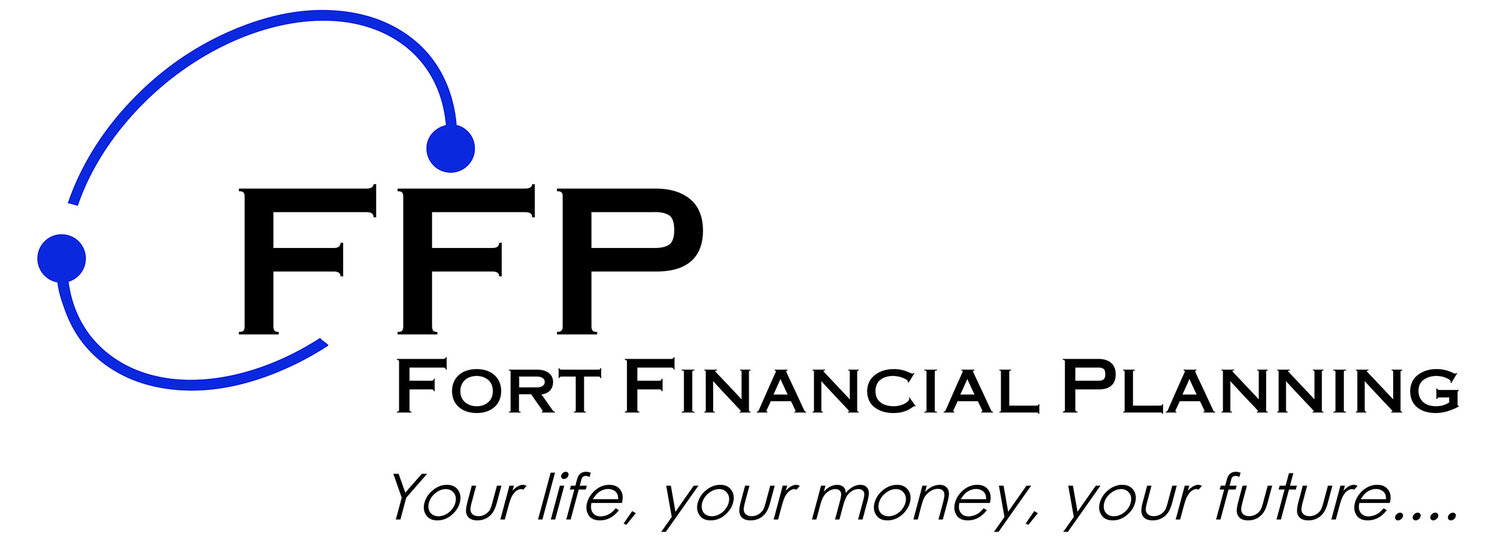Planning for Christmas
It’s that time of year again, one minute we’re enjoying the sunshine and our summer holidays and then before we know it, Halloween has been and gone and the shelves are filling up ready for Christmas. Over the next few weeks you’ll be reminded frequently of the number of shopping days until Christmas and then the number of days on your advent calendars will be reducing before your very own eyes.
In November many of us start thinking about planning for Christmas and how much it’s all going to cost. You might begin by writing a list of all the people you need to buy presents for and then thinking about how much you will spend on each person. You’ll also be thinking about what extra food and drink you’ll need and the cost of the big Christmas food shop.
Whilst many people follow this approach we all know someone that’s been buying presents since January and somebody else that will be leaving everything until the last week before Christmas.
This got us thinking about the similarities of planning for Christmas and what we do every day as lifestyle financial planners. Many people might have a plan for Christmas but very few have a plan for the rest of their lives. Even a very basic plan is certainly better than having no plan at all.
A good place to start is creating a budget and thinking about the cost of your lifestyle now and how this might change in the future. What else do I want to be able to pay for in the future such as children’s education, helping children or grandchildren onto the housing ladder or perhaps more holidays, new cars etc.
Once you have an idea of the costs you can then start thinking about how you might pay for it and what you need to save for. How long will I continue working for and how will my income change in retirement.
You then have a basic plan to work from. You’ll be able to calculate how much you can afford to spend or how much you need to save. Unfortunately many people live day to day and leave it too late.
One important consequence of planning, whether it’s for Christmas or for the rest of your life, is that you’ll start feeling more organised, you’ll be less worried and start feeling happy and positive about the future. If you have a plan, even a basic plan, then evidence suggests that you are more likely to achieve than having no plan at all.
A bit like the Christmas shoppers that start planning early – when everyone else is frantically looking for presents and worrying about how they’re going to afford it, they’re at home with a warm mulled wine and all the presents neatly wrapped under the tree, ready to enjoy Christmas.

